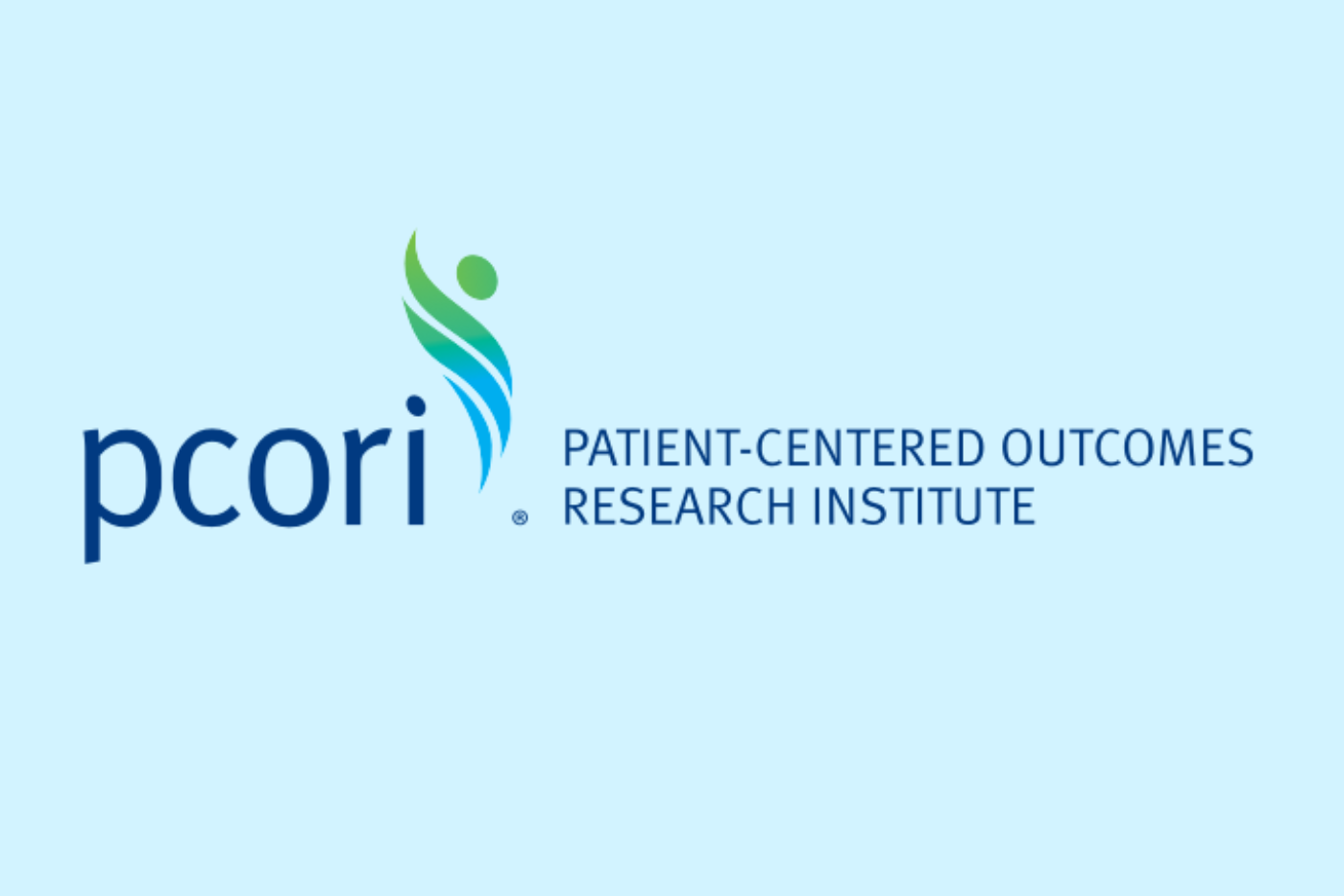By Claire Garretson, SWHR Communications Intern
In June, the Society for Women’s Health Research (SWHR) hosted leaders from the Patient-Centered Outcomes Research Institute (PCORI) at the Society’s quarterly Policy Advisory Council meeting to share PCORI’s research portfolio and how they are working to advance women’s health. Based in Washington, D.C., PCORI is focused on patient outcomes and providing health care stakeholders with accurate and actionable information generated through a multitude of research and clinical trials funded through the organization.
Liz Westbrook, PCORI’s Director of Government Relations and Public Policy, and Amelia Muse, PhD, LMFT, Senior Programs Officer, Systems Comparative Clinical Effectiveness Research, shared a far-reaching overview of PCORI, including how the organization functions as a unique entity in the health care system and what projects PCORI is currently funding that could bring us closer to closing the women’s health gap.
PCORI is a 501(c)(1) nonprofit organization, first authorized by Congress through the 2010 Patient Protection and Affordable Care Act and funded through the PCOR Trust Fund and reauthorized in 2019. PCORI funds patient-centered comparative clinical effectiveness research, which compares two or more safe and effective treatment options. Through this research, PCORI aims to provide patients and caregivers with information about various treatments and interventions so they can make informed decisions about their health. “When you think about patient centricity, we hope you’ll think of us,” Westbrook said. To date, PCORI has awarded more than $4.5 billion to fund studies seeking to fill gaps in health research, making it the largest funder of comparative effectiveness research in the United States.
Funding for research is awarded through three funding cycles per year, and PCORI looks for projects that align with its list of priorities, which is regularly reviewed and updated – although the Institute is always open to investigator-initiated applications for topics outside that list.
PCORI’s National Priorities for Health:
- To increase evidence for existing interventions and emerging innovations
- To enhance infrastructure and accelerate patient-centered outcomes research
- To advance the science of dissemination, implementation, and health communications
- To achieve health equity
- To accelerate progress towards an integrated health learning system
Within those priorities, PCORI establishes a research project agenda that includes various topics, centralized around the overarching themes of populations, health behavior, and health conditions. In addition to funding comparative clinical effectiveness research, it funds dissemination and implementation projects that seek to make research more accessible, Engagement Awards to support communities’ capacity to engage in and with research, methodology research, and infrastructure development projects, such as the National Patient-Centered Clinical Research Network (PCORnet).
Women’s health is one of the several health gaps PCORI’s work aims to address. PCORI research awards have funded $786 million toward 217 comparative clinical effectiveness research studies related to women, Dr. Muse shared, and its women’s and maternal health portfolio includes studies that focus on treatment, prevention, screening, and diagnosis. Westbrook and Dr. Muse also noted that PCORI prioritizes the inclusion of female participants in clinical trials, especially for conditions like chronic migraine that disproportionately affect women. For example, in a chronic migraine study funded by PCORI, 87.5% of the participants were women, and in a dementia study involving research on the caregiver perspective, more than 70% of the caregivers recruited for the study were women. Three out of four individuals living with migraine are women, and two-thirds of all dementia caregivers are women – so the percentages of female participants in these clinical trials appropriately reflect the reality of disease and caregiving impact on women. PCORI’s emphasis on inclusion of women in clinical trials is an important step to making clinical research more accurate and considerate of sex differences.
Projects funded by PCORI also aim to investigate social determinants of health as it relates to women’s health. A study called the Thriving Hearts Project is taking place across 10 counties in North Carolina, aiming to ameliorate hypertension in pregnancy with multiple community-based strategies. These strategies include providing mothers-to-be with a heart care kit, working with providers to ensure trauma-informed care for women at risk of hypertension, connecting pregnant individuals with local resources for support, and offering legal services to help navigate any issues. The study will track the impact of these strategies for every pregnancy across these ten counties. Another current study on social determinants of health addresses food insecurity, which can impact gestational weight gain in women. This study provides grocery delivery of healthy foods to individuals during pregnancy and measures the impact that access to nutrition has on gestational weight gain throughout pregnancy.
While PCORI does not make health care recommendations and is not an advocacy group, the research it supports can inform individuals who are seeking better care options and can guide policymakers and advocates in their work to improve the quality of health care in the United States. All of PCORI’s research and related awards is freely available to the public on its website, equipping patients and their health care providers with information to be better informed and empowered.
To learn more about the funding opportunities available at PCORI and to apply, visit the PCORI website here.
